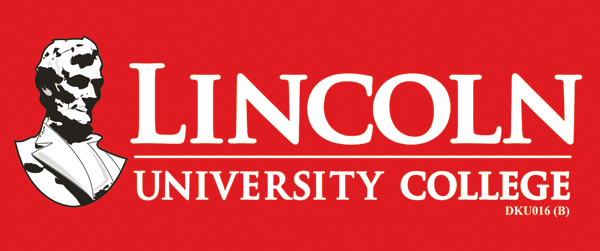IN today’s society, many people, young and old, seem to have forgotten that being polite and respectful means considering how others are feeling. Sadly, everyone is subconsciously only out for themselves and has no concern for the effects their behaviour has on others.
Simply put, the vast majority are selfish and do things just to benefit themselves. We are surrounded by rude youths who don’t have any respect or regard for anyone else. Without its own code of manners, any society would collapse.
In today’s fast-paced, technology-driven society, conscientious efforts must be made by families, schools, religious institutions and communities to help youths develop core moral values such as respect, responsibility, truthfulness, fairness, integrity, kindness, self-control and thoughtfulness.
Children are becoming quite disrespectful these days. We must know that they are not born with a built-in sense of respect for others and should therefore be taught the virtue of respect and importance of being kind to others. If your children do not learn to have respect for you, they’ll struggle to be on their best behaviour.
Correct them when they forget to be well-mannered. For example, if your child forgets to say “please”, tell him/her about it. Children learn about manners from the example set by their parents. They must be taught age-appropriate manners and etiquettes.
Studies have shown that children who are hooked to electronic gadgets are careless and disrespectful of those around them. Parents must set a time limit for children to use their gadgets in this case.
The most important thing we can do for our children is to teach them to be kind. The cousins “please” and “thank you” are to be taught early in life. The social graciousness of using these two words goes a long way, and children may need to be reminded frequently until it becomes a habit for them to say “please” and “thank you”.
Part of respect is an admission of guilt and show of regret when we make mistakes. Whether old or young, we should all learn to apologise for any missteps and take responsibility for our actions. In fact, we have to teach ourselves and children that we don’t have to be proven to be at fault before apologising.
Saying “I’m sorry” and meaning it is a great virtue. I regret keeping a Grab driver waiting even for a few minutes and I always offer my apologies. My children must say “thank you” as they get out of the car.
Hold the door for the next person no matter how great your perceived status. Yes, the next person has arms, but treating others with respect can boost their happiness and self-worth. Equally rude, and definitely a breach of etiquette, would be not to say “thank you” when someone holds the door open for you.
We all must inculcate the habit of showing gratitude even if we are paying for services rendered. Gratitude is not only the greatest of virtues, but the parent of all others.
We are all so busy, with everyone running at their own race, that we as a society have lost the art of using the words “excuse me” when starting to interrupt someone, trying to get someone’s attention or when bumping into someone. Saying “excuse me” moves people back into social equilibrium.
You’re not being rude when you sneeze if you do it in an appropriate manner, but sneezing too loudly is quite offensive.
Gentleness breeds peace, so be gentle and compassionate. Treat weak people as though they might actually break. Be respectful, show consideration, have regards for people and behave in a way that shows you care for others.
Table manners are important in both professional and social situations, so inculcate the habit. Use the proper title for people and wait for your turn. With your impeccable manners, you can make the world a better place to live in.
Finally, carry out a random act of kindness. As Mark Twain said: “Kindness is the language which the deaf can hear and the blind can see.”
DR MARYAM ABIMBOLA MIKAIL
Faculty of Science
Lincoln University College
https://www.thestar.com.my/opinion/letters/2019/02/22/making-the-world-a-better-place/

